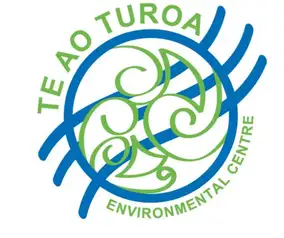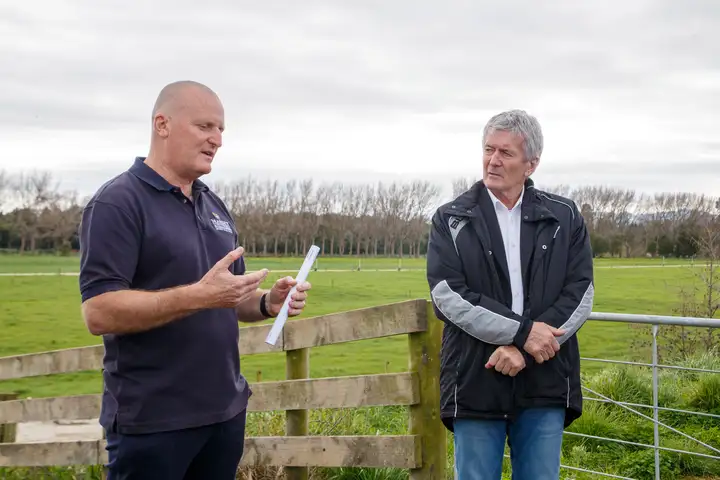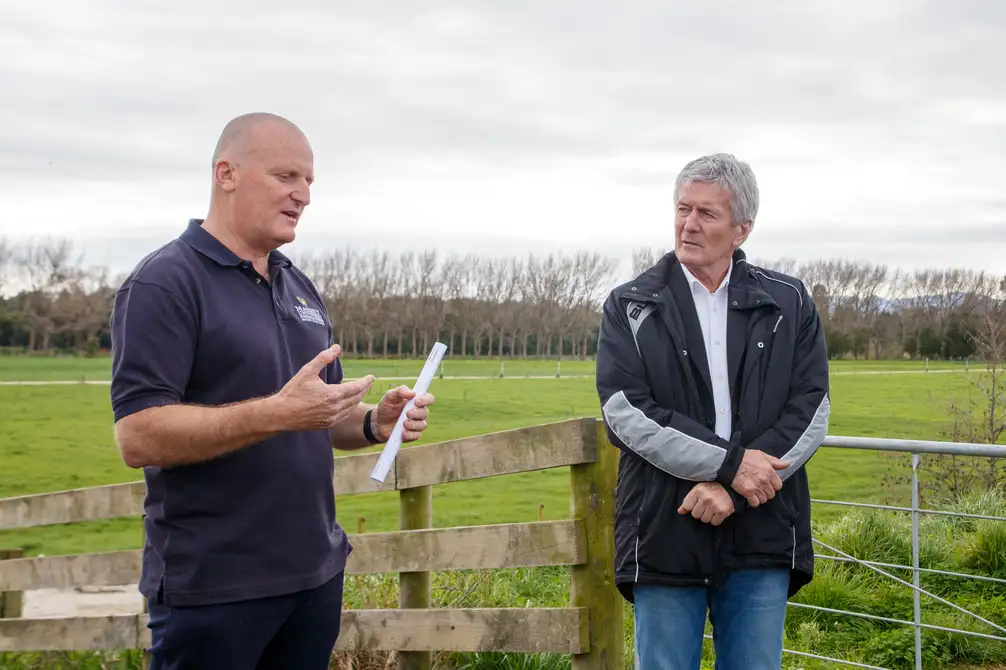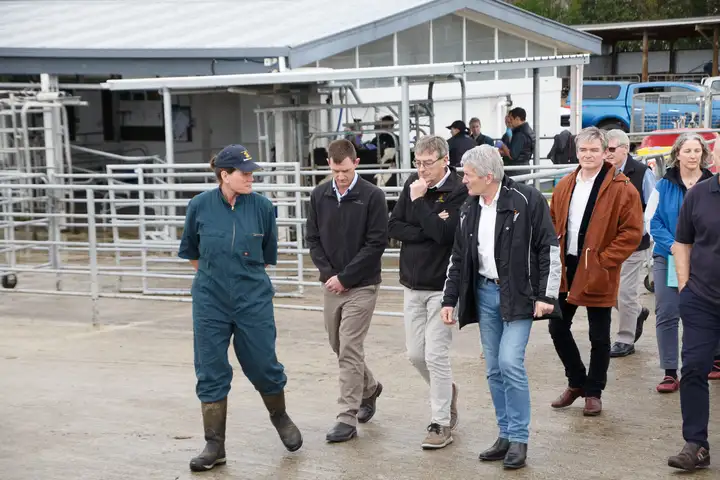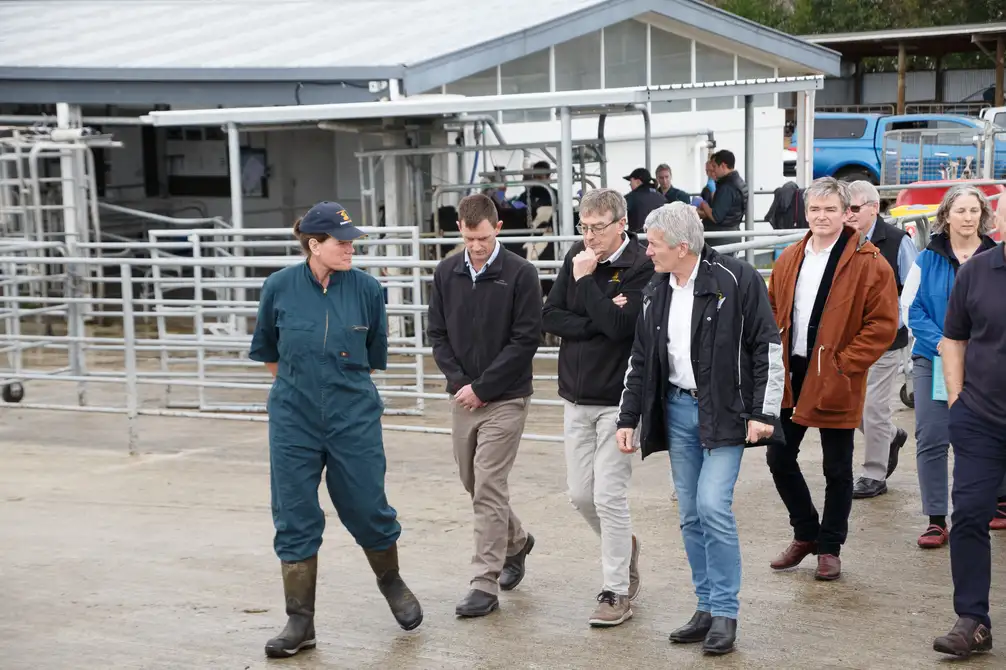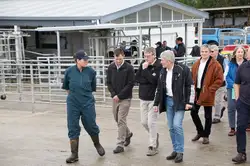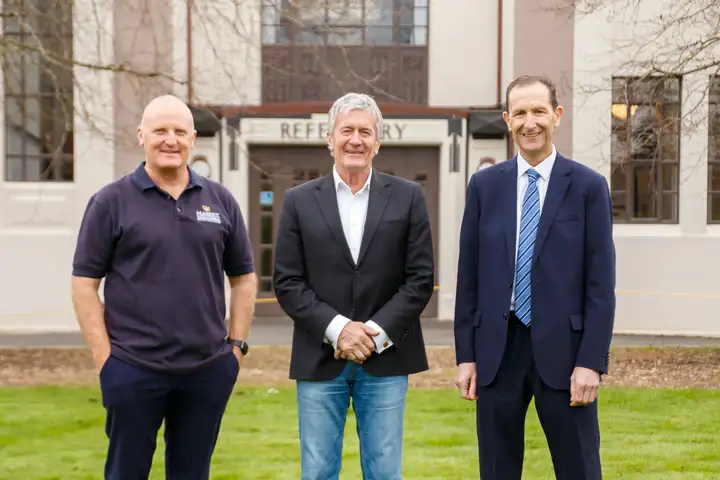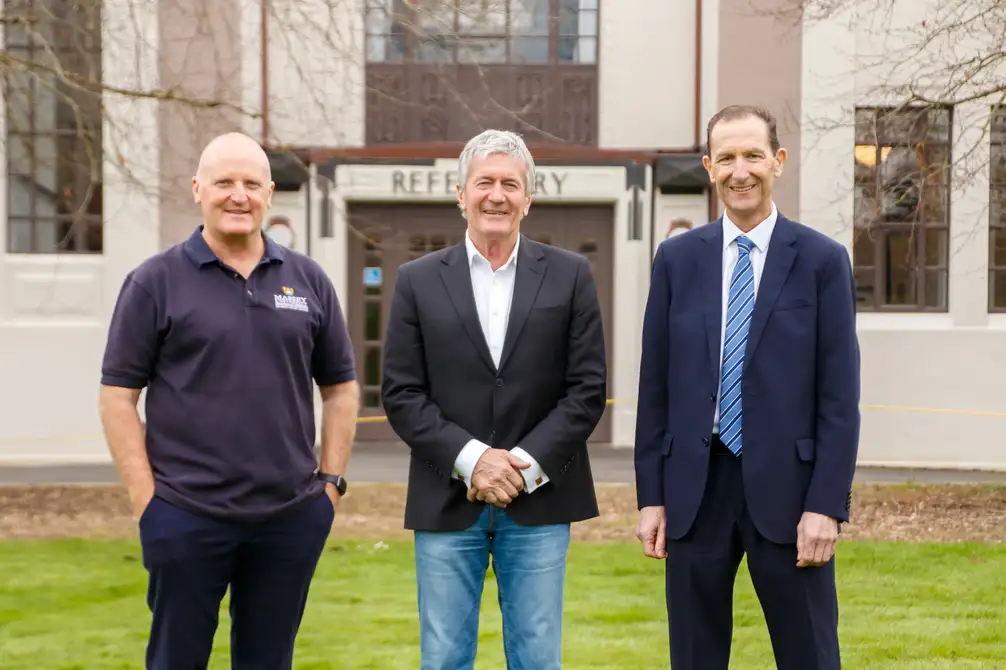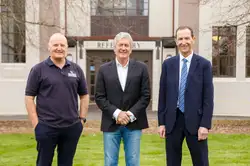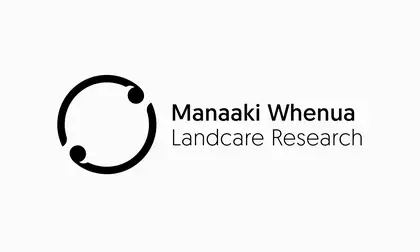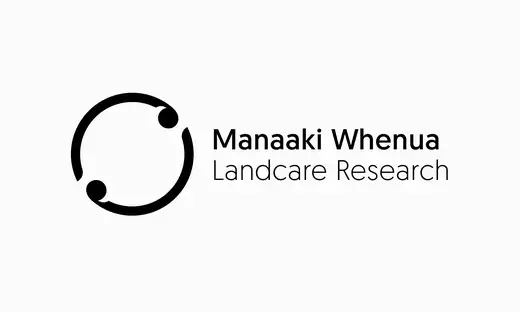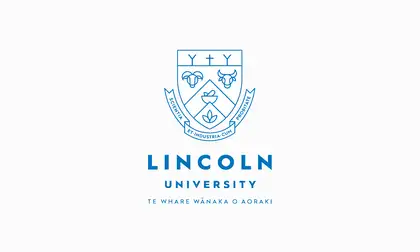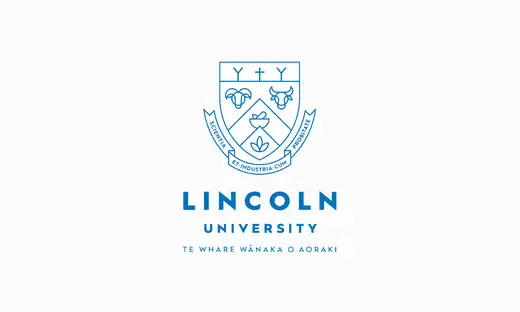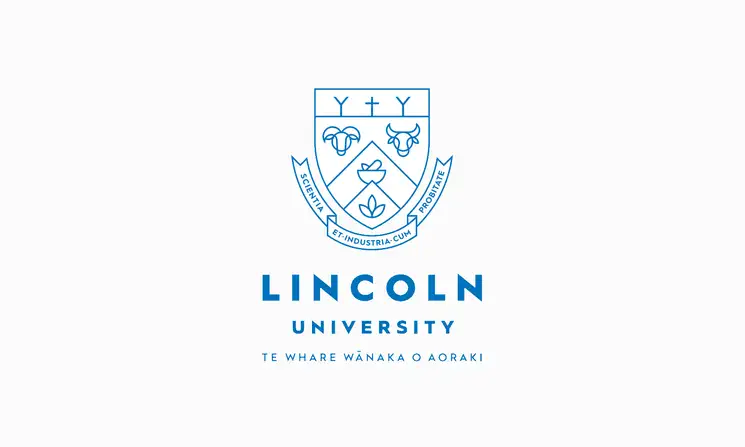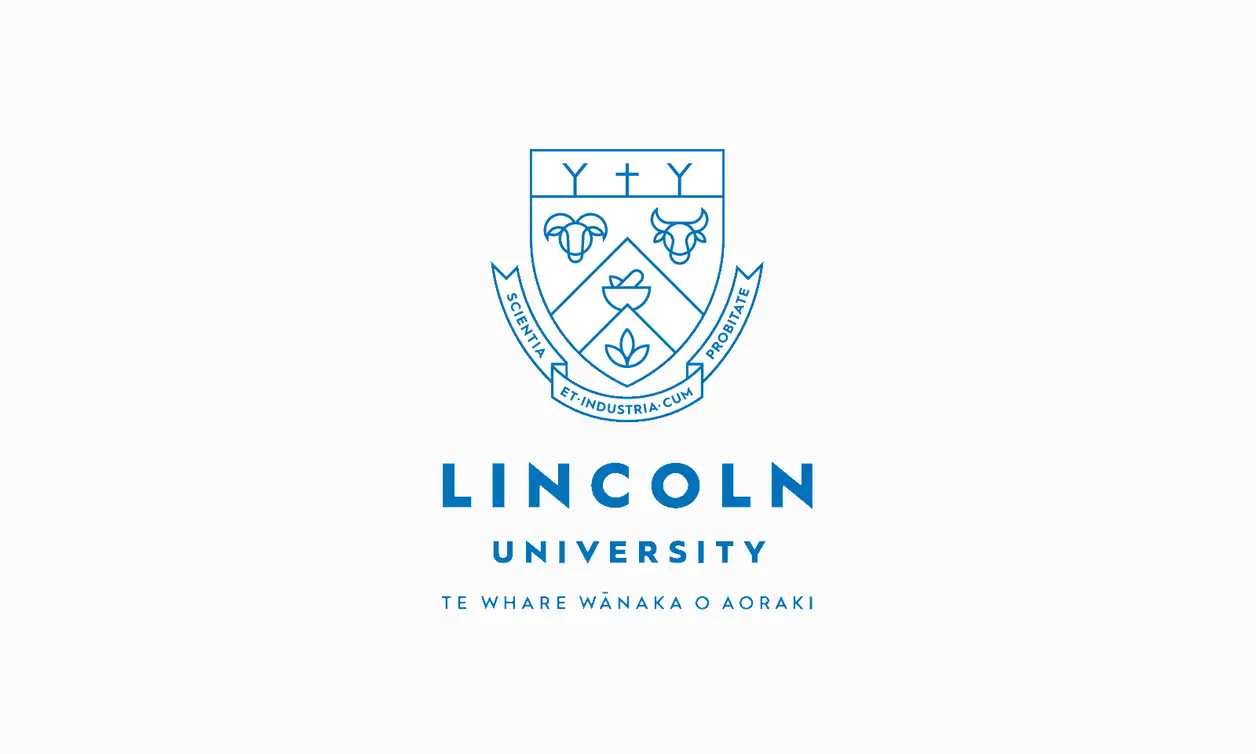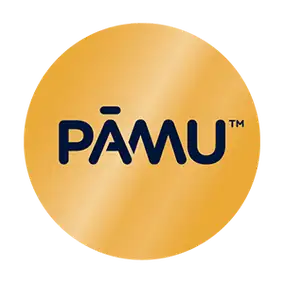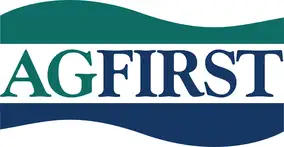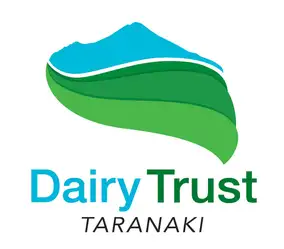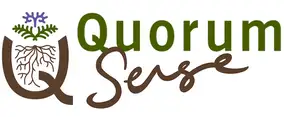Overview
Led by Massey University, Whenua Haumanu is the cornerstone of MPI’s portfolio of regenerative agriculture projects. It's New Zealand's most comprehensive programme on the effects of conventional and regenerative pastoral practices.
This seven year project brings together universities, Crown Research Institutes and industry partners to assess the suitability and relevance of regenerative agriculture in New Zealand.
Whenua Haumanu measures multiple aspects throughout the farm system, exploring how different pasture mixes and management practices impact:
- soil biology, diversity and structure
- pasture growth, quality and persistence
- animal production, health and welfare
- quality of milk, meat and wool products
- nutrient leaching
- methane and nitrous oxide emissions
- carbon capture and storage.
Our researchers are exploring conventional and regenerative farming practices across both standard and diverse pastures on several research sites at Massey University and Lincoln University. This project is also linked to a number of other sites where related projects on diverse pastures or regenerative farming practices are being explored.
Programme lead
Our programme lead for Whenua Haumanu is Professor Danny Donaghy.

Professor Danny Donaghy
Danny Donaghy studied agricultural science at La Trobe University then did a PhD at the University of New England, New South Wales. Before Massey, Danny led and managed dairy research, development and extension as Dairy Centre Leader at the Tasmanian Institute of Agriculture.
Research sites
Our researchers are exploring conventional and regenerative farming practices across both standard and diverse pastures on several research sites at Massey University and Lincoln University. Additional monitoring sites are planned on some Pāmu farms and pastoral industry demonstration farms.
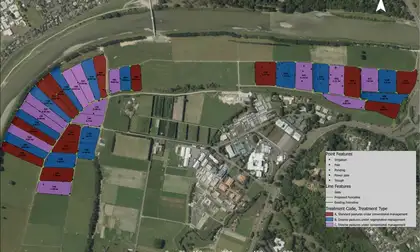
Massey University: Dairy 1 farm
Dairy 1 is one of Massey's working farms. It borders the Manawatū River, within the city boundary. This research site is grazed by lactating dairy cows and include three farmlets: standard pasture under conventional management (red) and diverse pasture under both regenerative (blue) and conventional (purple) management.
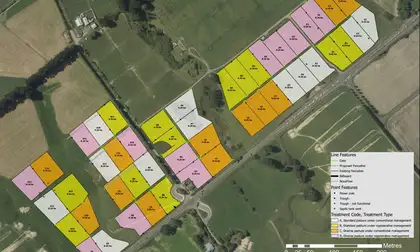
Massey University: Pasture and Crop Research Unit (PCRU)
The PCRU is one of Massey's working farms. This research site is grazed by sheep and includes four farmlets: standard pastures under conventional (white) and regenerative (yellow) management and diverse pastures under conventional (orange) and regenerative (pink) management.
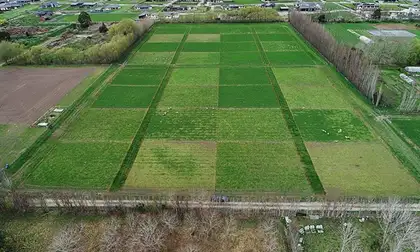
Lincoln University: Field Research Centre (FRC)
The FRC is Lincoln University‘s hub for applied plant, soil science and ecology research. This research site is grazed by sheep and includes four farmlets made up of 20 plots each.
Compare research sites
| Massey University: Dairy 1 | Massey University: PCRU | Lincoln University: FRC | |
|---|---|---|---|
|
Total area |
36 hectares 12 hectares/treatment |
12 hectares 3 hectares/treatment |
8 hectares (80 plots) 2 hectares (20 plots)/treatment |
| Total animals |
90 cows 30 cows/treatment 2.5 cows/hectare |
180 ewes 45 ewes/farmlet (45 ewes/treatment) 15 ewes/hectare |
Mix of high stock density (regenerative pasture) and low stock density (conventional pasture) sheep grazing |
| Soil type |
Alluvial soils (Loamy Gravels, Sandy Loam, Loamy Sands) |
Tokomaru silt loam | Soils of low fertility level (Olsen P 10) and high fertility level (Olsen P 20) in a low rainfall environment |
|
Farmlet description |
Farmlet A: Standard pasture under conventional management Farmlet B: Diverse pasture under regenerative management Farmlet C: Diverse pasture under conventional management |
Farmlet A: Standard pasture under conventional management Farmlet B: Standard pasture under regenerative management Farmlet C: Diverse pasture under conventional management Farmlet D: Diverse pasture under regenerative management |
Each farmlet is composed of 20 plots Two farmlets (40 plots) are under conventional management. Two farmlets (40 plots) are under regenerative management. |
| Standard pasture | (n=5): Diploid and tetraploid perennial ryegrass, red clover, white clover large leaved and medium-large leaved. | (n=5): Diploid and tetraploid perennial ryegrass, red clover, white clover small leaved and medium and large leaved. |
Lucerne (12 plots) Sub-clover/cocksfoot mix (7 plots): Cocksfoot, Subterranean clover and Subterranean clover Annual ryegrass greenfeed (1 plot): Annual Ryegrass |
|
Diverse pasture |
(n=18): Diploid and tetraploid perennial ryegrass, tall fescue, cocksfoot, Timothy, phalaris, prairie grass, red clover, white clover large leaved and medium-large leaved, chicory, plantain, crimson clover, balansa clover, Persian clover, vetch and lucerne. |
(n=18): Diploid and tetraploid perennial ryegrass, meadow fescue, cocksfoot, Timothy, red clover, white clover small leaved and medium and large leaved, chicory, plantain, lotus corniculatus, sainfoin, sheep’s burnett, balansa clover, Persian clover, arrowleaf clover, subterranean clover, strawberry clover and vetch. |
RA 12-Species mix with Lucerne (12 plots): Prairie grass, chicory, cocksfoot, tall fescue, meadow fescue, lucerne, Phalaris, Timothy, Plantain, Red clover, White clover and Subterranean clover 12-Species mix without Lucerne (7 plots): Prairie grass, chicory, cocksfoot, tall fescue, meadow fescue, Phalaris, Timothy, Plantain, Balansa clover, Red clover, White clover and Subterranean clover RA 8-Species mix greenfeed (1 plot): Rape, Turnip, Leafy turnip, annual ryegrass, phacelia, plantain, Balansa clover, Persian clover |
Study with us
Whenua Haumanu provides a platform for a number of undergraduate and post graduate research projects. If there is a topic that interests you, please get in touch with the relevant research lead.
Research projects
Māturanga Māori
Led by Professor Jonathan Procter, this projects explores how aspects of Mātauranga Māori will be incorporated into the Whenua Haumanu programme, how we connect and develop partnerships with local iwi (Rangitaane), other iwi and farmers in other regions.
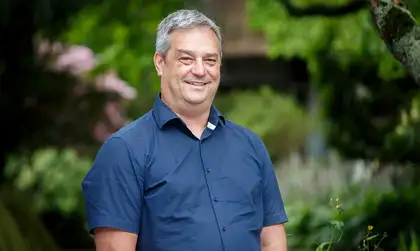
Professor Jonathan Procter
Mātauranga Māori Lead, Associate Dean - Māori
Jonathan Procter manages Massey’s Volcanic Risk Solutions research group. Jonathan contributes to national and international research into volcanic hazards, hazard detection and simulation, and community resilience to natural and environmental hazards.
Soil research
Led by Associate Professor Lucy Burkitt, our soil research will explore the impact of diverse pastures and regenerative management versus conventional management on:
- soil carbon stocks and labile forms of carbon.
- drainage water quality and nitrous oxide emissions.
- the soil rhizosphere. This may influence the availability of phosphorus and the biological contribution of nitrogen to pasture.
- the soil microbiome. Using soil DNA analysis, we'll measure soil microbial activity, earthworm populations and diversity, and the abundance and diversity of microarthropods and above-ground arthropods in the soil.
- soil physical measures such as bulk density, pore size distribution, aggregate stability and infiltration rates. This will help us understand water extraction patterns and compare treading damage and responses to irrigation.
We're also working with a group of ten Taranaki farmers practicing regenerative agriculture. We're using a participatory and co-design approach to undertake in-situ soil and pasture measurements on Taranaki farms and within the Whenua Haumanu study at Massey University. This project is funded by Pivot (Bashford-Nicholls Trust and Massey University)
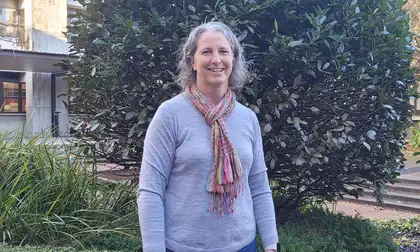
Associate Professor Lucy Burkitt
Soil Research Lead, Associate Professor
Lucy has spent 20 years researching soil and nutrient management issues in agriculture, focusing on water quality and phosphorus loss from intensive and hill country pasture systems and use of high frequency water quality sensors and nutrient loss and attenuation/mitigation in hill country landscapes.
Pasture research
Whenua Haumanu's pasture research is led by Dr. Andrew Cartmill, and explores the performance of diverse and standard pastures under both regenerative and conventional management. This includes the measurement of:
- pasture yield and growth rates
- pasture quality and digestibility
- botanical composition
- plant persistence, energy levels and regrowth stage of major species
- hyperspectral imagery via hand-held and drone-mounted cameras
- greenhouse gas production from pasture types and species
- plant root depth and activity.
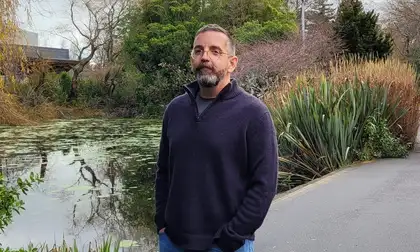
Dr. Andrew Cartmill
Pasture Research lead, Trevor Ellett Senior Lecturer in Grassland Science
Andrew's research focuses on sustainable production and ecological topics, including:
- mycorrhizal associations during production
- plant response to environmental and production stresses
- water quality
- plant nutrition
- greenhouse gas emission
- below-ground responses to climate change, grazing, and production.
Dairy animal research
Our dairy animal research is led by Dr Nick Sneddon. We are investigating for differences in milk and reproductive performance and monitoring for any changes in animal welfare or health, such as mineral status, reproductive interventions, health treatments or behavioural alterations.
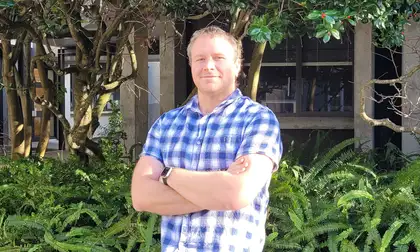
Dr Nick Sneddon
Dairy research lead, Senior Lecturer
Nick completed his PhD in animal breeding in 2016. He then spent 5 years working in research and development in the dairy industry. Now, his research interests cover many aspects of animal breeding and genetics, with special focus on beef-on-dairy breeding, metagenomics and whole genome sequencing.
Sheep research
Our research lead for sheep research is Dr Lydia Cranston. Our sheep research is investigating the effects of diet or pasture management on the lambing performance, health, and behaviour in sheep. We're monitoring:
- worm burden
- reproductive performance
- mineral status
- physical condition, such as body condition scoring and teeth wear
- behavioural adaptations.
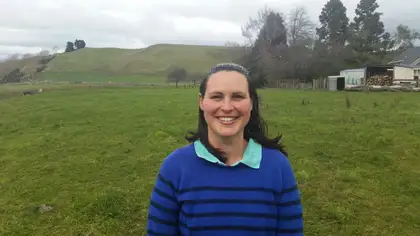
Dr Lydia Cranston
Sheep research lead, Senior lecturer
Lydia is a senior lecturer in animal production systems. Her teaching and research interests are in sheep and beef cattle production, nutrient leaching, agronomy and grazing management and farm system modelling.
Communication, engagement and extension
Our lead in engagement and extension is Dr Janet Reid.
Whenua Haumanu is one of a network of projects and initiatives exploring and extending our understanding of regenerative farming. Janet's focus is to:
- make the findings and learnings from this project widely accessible
- meaningfully connect, collaborate and complement other relevant projects and initiatives in New Zealand and overseas
- seek connections and engagement that will challenge and inform the science being undertaken by the project.
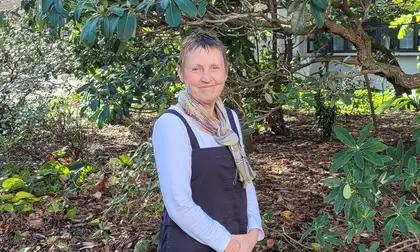
Dr Janet Reid
Janet is a Senior Lecturer and Head of the Agriculture Group in SAE. Her lecturing and research interests are in agricultural extension and consultancy and systemic change in agriculture including the role of agricultural policy and governing. This includes acknowledging different knowledge and innovation systems.
Our people
Meet our Whenua Haumanu management team and research technicians.
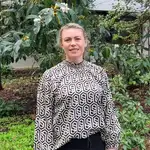
Dr Gabriella Grönqvist
Communication, engagement and extension
Gabriella is a senior research programme manager for the Whenua Haumanu programme. She has a background in animal science, with a special interest in animal health, welfare and behaviour.


Javier Roca Fraga
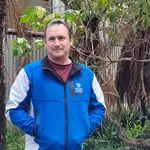
Benjamin Carter

Funding
Whenua Haumanu is supported by the Ministry for Primary Industries' Sustainable Food and Fibre Futures fund.
Research partners
Manatū Ahu Matua
Ministry for Primary Industries

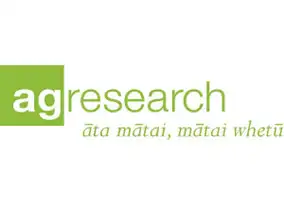
AgResearch
AgResearch is a New Zealand Crown Research Institute. Its purpose is to enhance the value, productivity and profitability of New Zealand’s pastoral, agri-food and agri-technology sector value chains to contribute to economic growth and beneficial environmental and social outcomes for New Zealand.
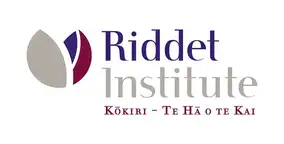
Riddet Institute
The Riddet Institute produces world class research in food innovation and nutritional sciences through extensive national and international research collaborations. It is committed to outstanding research, world-class education for future leaders and to future-proofing New Zealand’s food industries.

Fonterra
Fonterra is a co-operative owned and supplied by about 9,000 farming families in Aotearoa New Zealand. Through the spirit of co-operation and a can-do attitude, Fonterra’s farmers and employees share the goodness of our milk through innovative consumer, foodservice and ingredients brands.

Beef + Lamb New Zealand
Sponsor of the Excellence in Agricultural and Horticulture award for the most proficient 3rd year agriculture students.

Livestock Improvement Corp.
LIC is a herd improvement and agri-technology co-operative that empowers farmers through the delivery of superior genetics and technology.
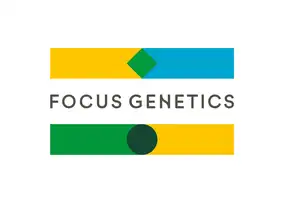
Focus Genetics
Focus Genetics has been a market leader in genetic improvement for over 50 years, setting a global benchmark for sustainable animal breeding and improving the health, welfare and performance of animals through genetic selection.

Ellett Agricultural Research Trust
